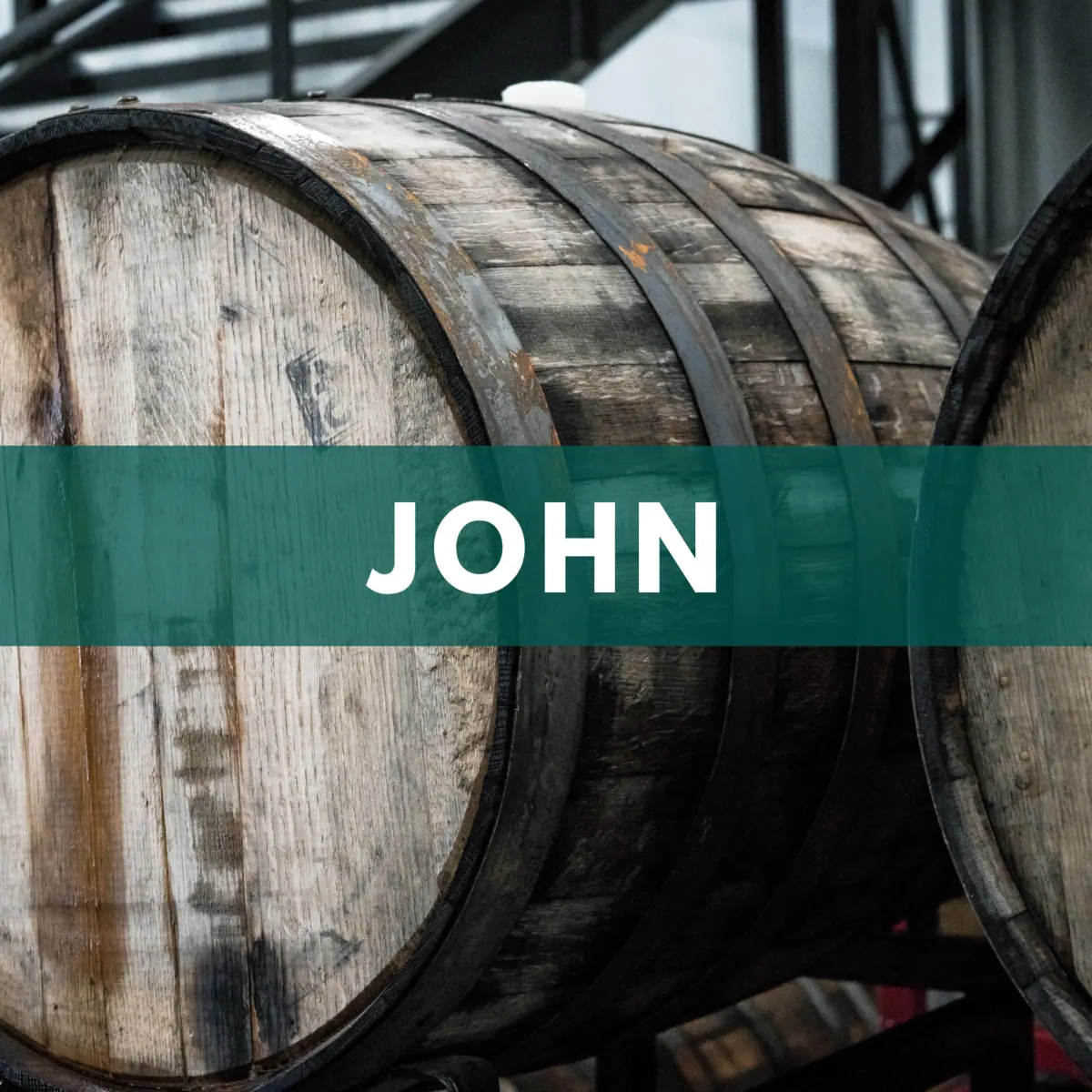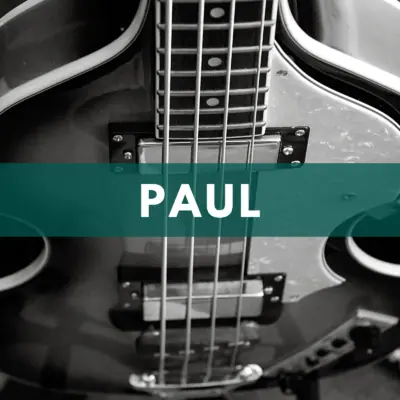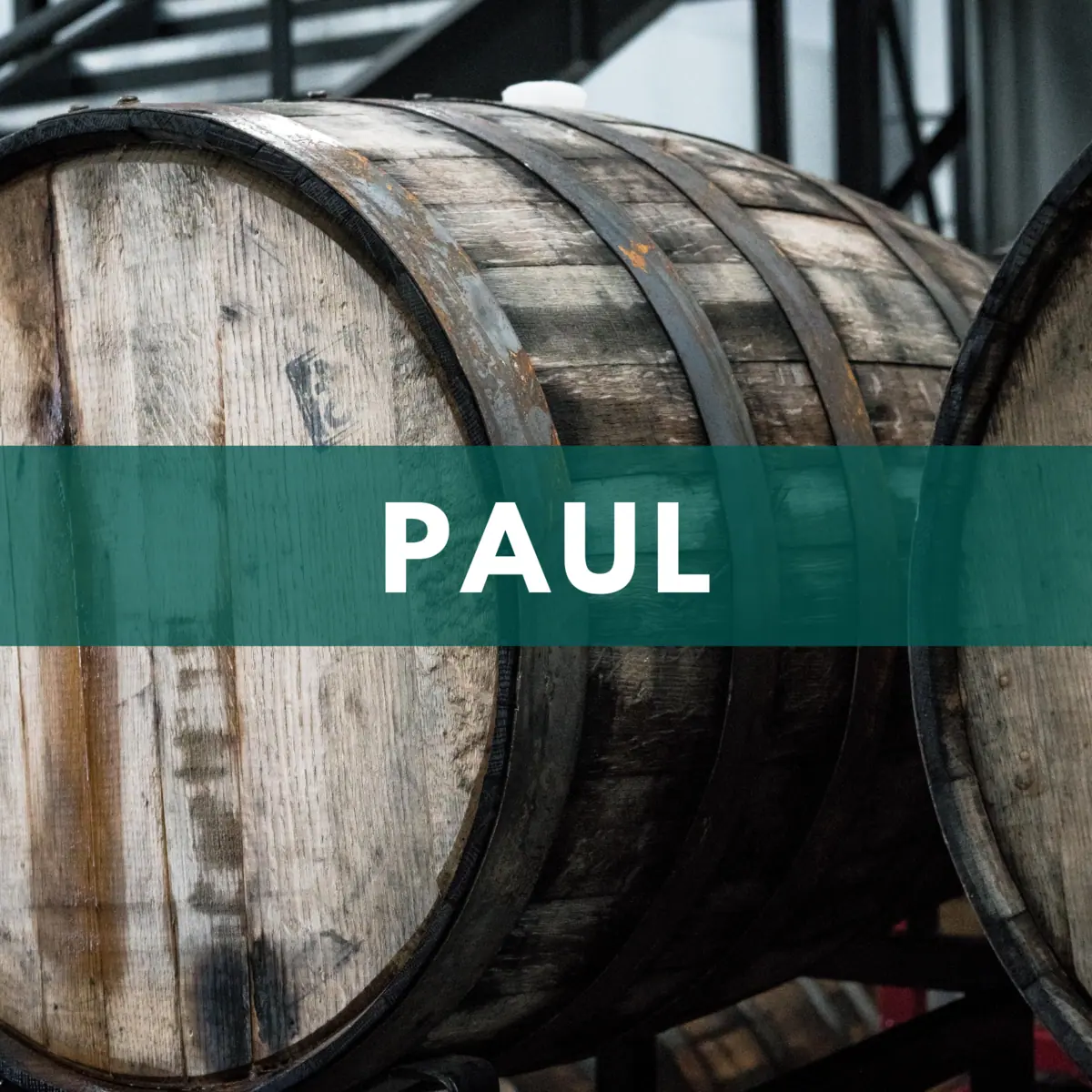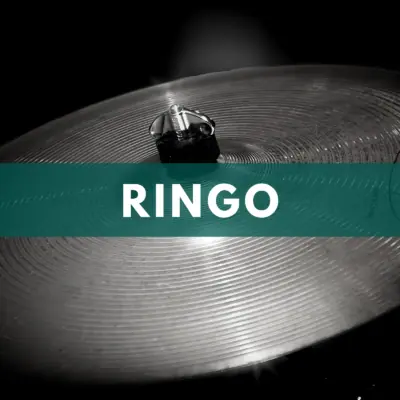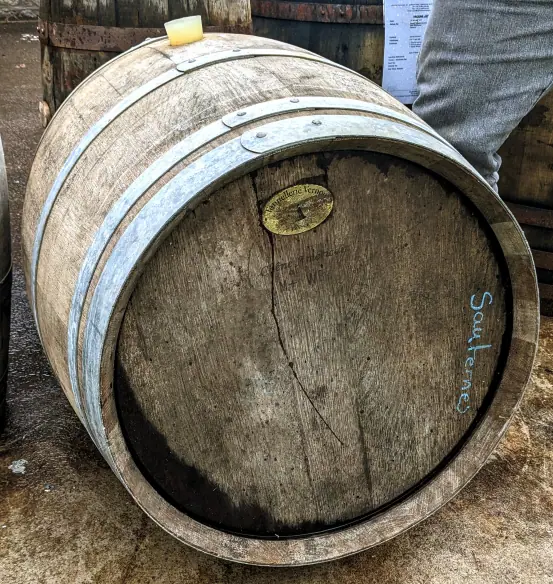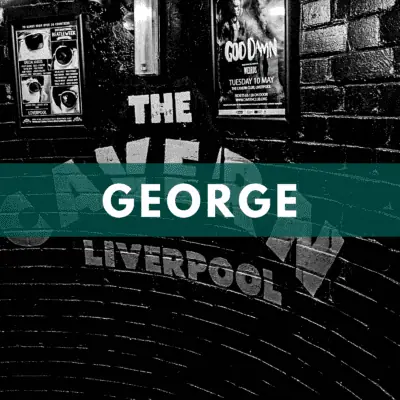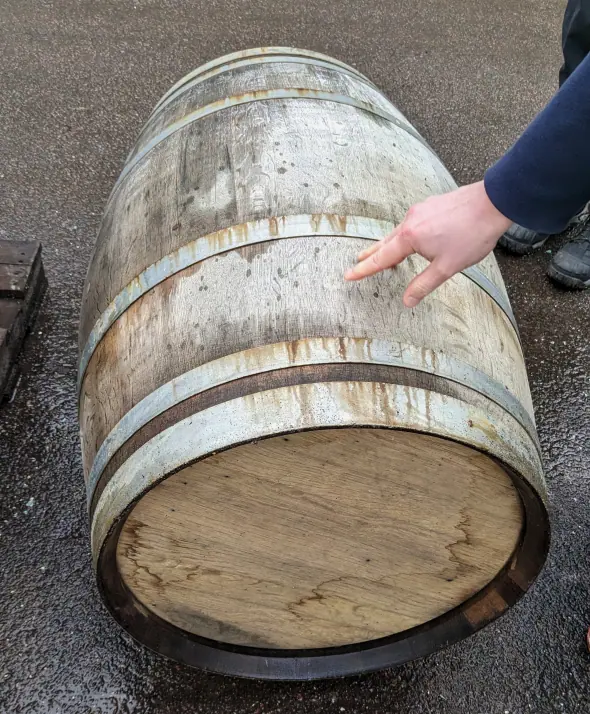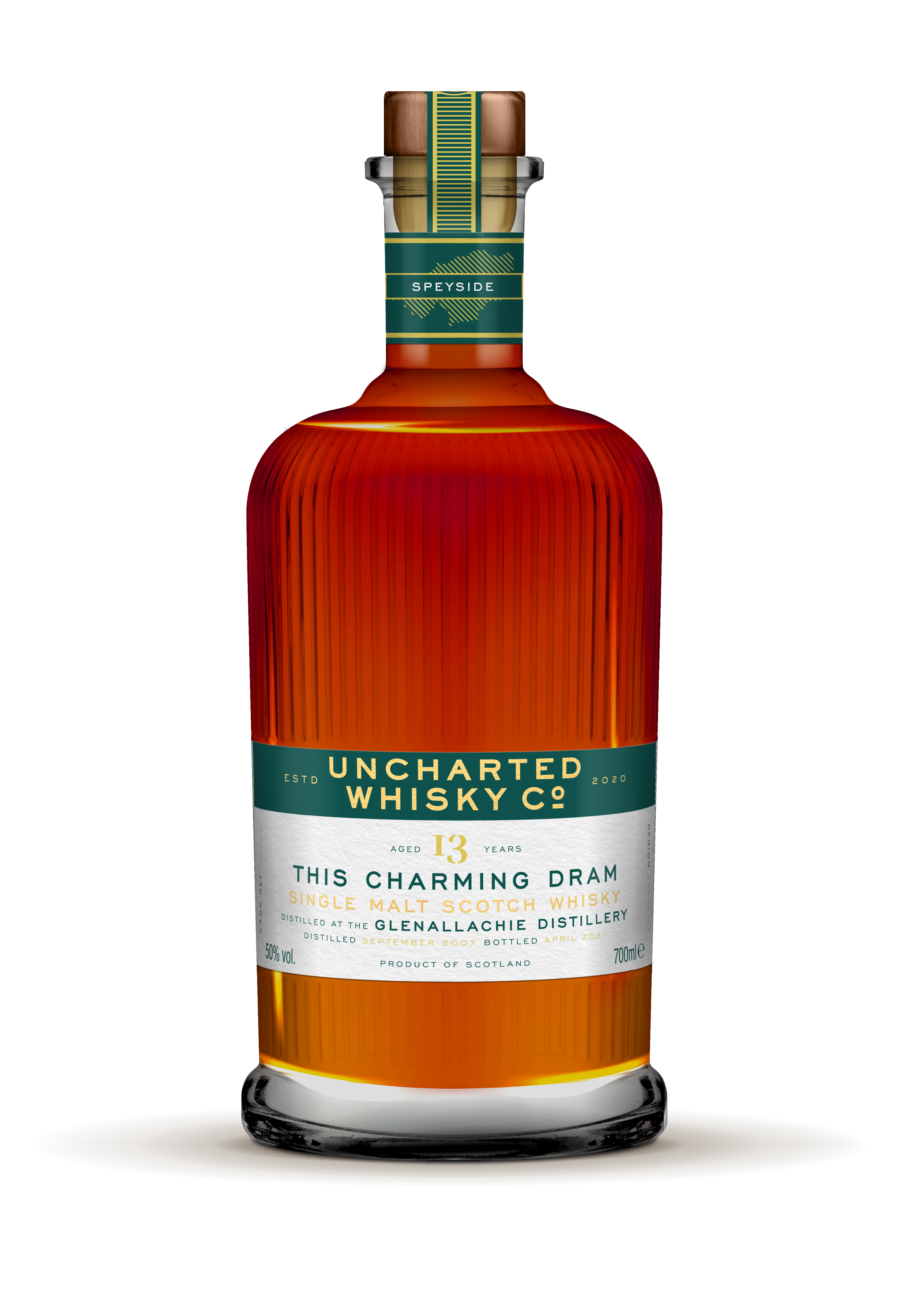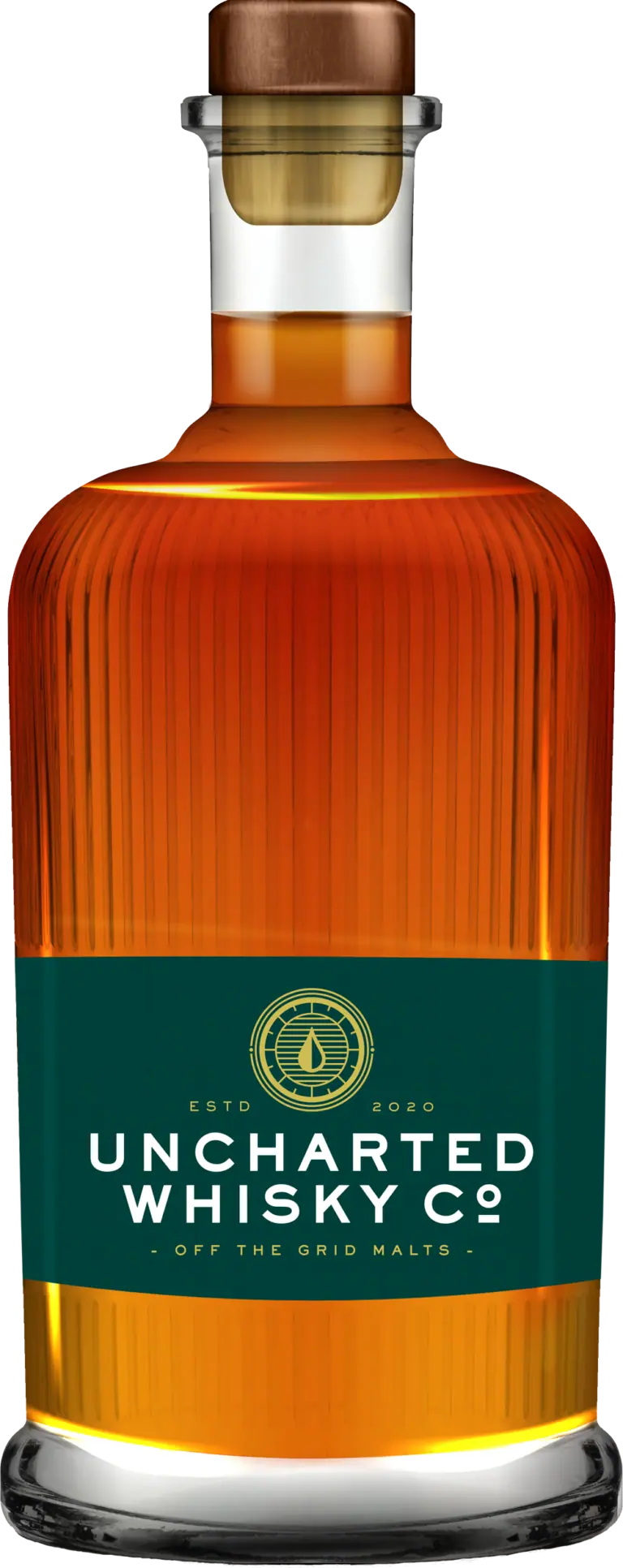casks and taxes
Two things and only two things are certain in life; death and taxes.
Today we talk about taxes.
Many, many people would love to own their own cask of single malt whisky- who wouldn’t? However, the path can be fraught with unexpected costs and jargon. It can be daunting and confusing in equal measures. Hopefully, we can shed a little light on the road to cask ownership for our customers.
The first thing is first though- a disclaimer! We believe whisky is for drinking. Be it with pals or a solitary moment of relaxation after a shift, whisky was made for drinking and that is the best thing to do with it. What we are is an Independent Whisky Bottler and Cask trader with a passion for awesome drams. What we are not is financial advisers or an investment firm. We are not lawyers or legal advisors. We are not advising you on what to do with your money- that’s up to you.
If you choose to invest in whisky- best of luck to you- and you may do very well but- as with all investments- there is risk which you must consider.
Please take this blog post as an aid to bust jargon and let you know how cask ownership with us works- no more- no less.

what taxes?
The main taxes we have to worry about are VAT and alcohol duty. The reason that we must be careful of them is that they are not payable as soon as you buy a cask, rather they must be paid when the cask is bottled. That means if you buy a cask today with the intention of bottling in 10 years, you have 10 years to look forward to that tax bill. Lucky you.
duty
All spirit for consumption in the UK has tax levied on it. This is worked out by the amount of pure alcohol released to market. Essentially the strength of the alcohol and the size of the bottle determine the tax due on each bottle. This is the same for a bottle of cheap vodka as it is for a super-premium luxury single malt. The current rate (true as of 9th of January 2021) is £28.74 per litre of pure alcohol. That is to say, £9.25 tax must be paid on a 700ml at 46%. This is to be paid when it leaves “bond”. The current duty rate is subject to change annually in the chancellor of the exchequer’s budget. He waves his red briefcase for the cameras and then as often as not, puts up the price of a dram to celebrate.
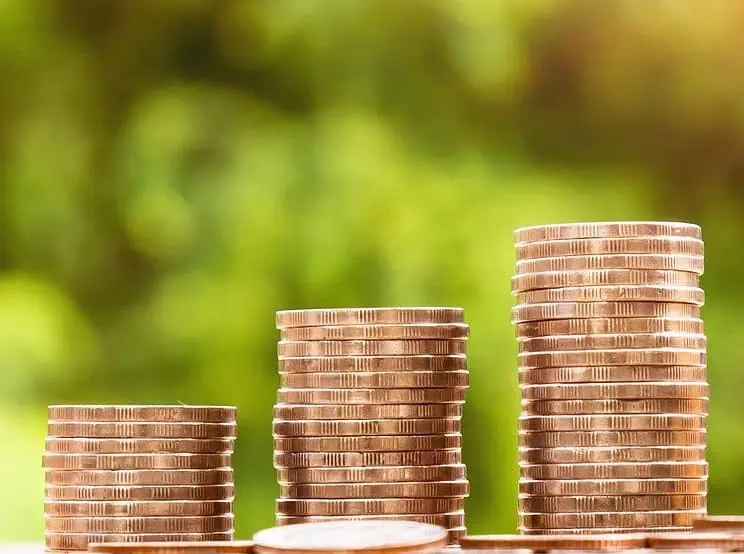
vat
Another fun fact is that Value Added Tax (VAT) is also due on whisky. However, like duty (described above) we do not pay this at the point of purchasing the cask- we pay it when it leaves bond or is bottled. The current VAT rate is 20% but again could change in the years between you getting your cask and actually bottling it.
If you are looking to invest in anything- houses, classic cars, stock market, whisky or anything else for that matter- you may be subject to Capital Gains Tax. However, we are not financial advisers or indeed an investment firm of any sort. We suggest you take the professional advice of an accountant or financial adviser if you think this is applicable to you.
If you don’t settle these bills properly, the warehouse which is holding your stocks will not release them to you but may charge you admin and storage fees. So, to wrap it all up, you have to be make sure that you are compliant with the law and pay the proper taxes when they due- which isn’t necessarily straight away after you buy a cask.
Watch out for our next article- Jargon Busting Casks.
Alternatively, we have some shares in casks available which are a lot more simple and cost a lot less. You can check out our cask shares here.
If you think we have missed anything worthwhile, please let us know at hello@unchartedwhisky.com.
Slainte!


